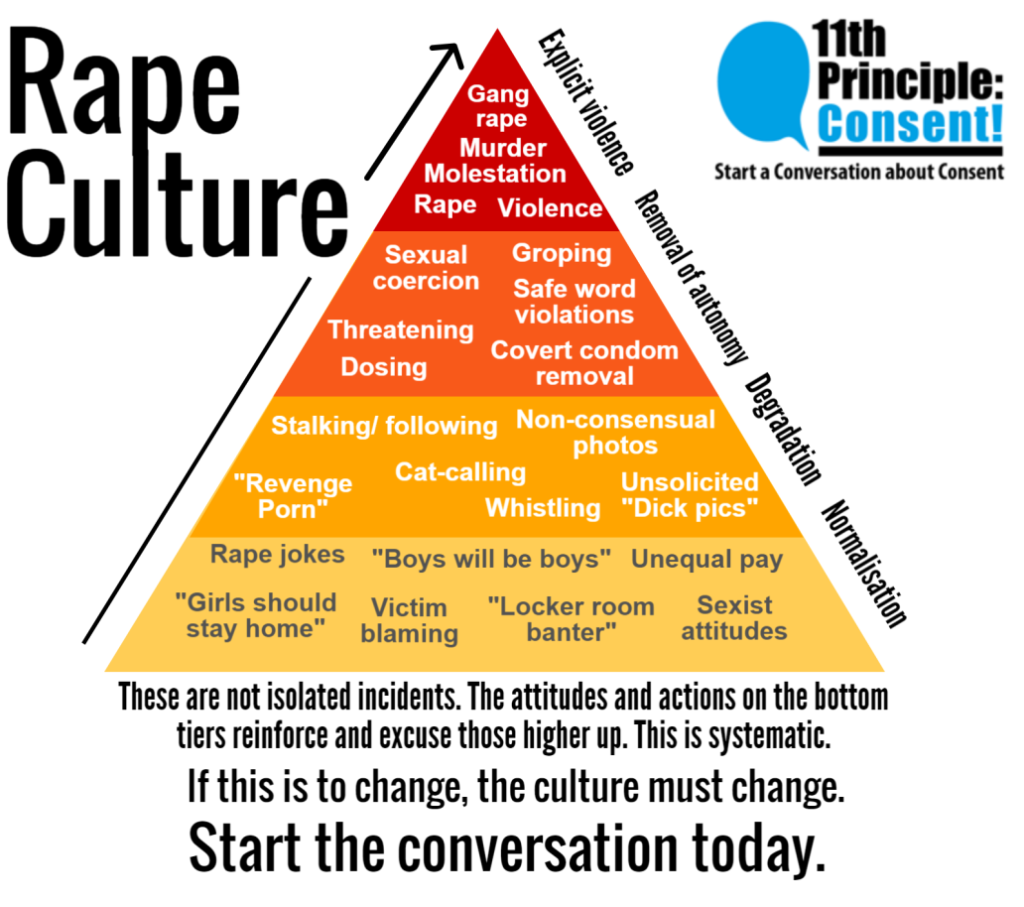Dee Rodriguez, Reading, PA, USA, SSH Blog Correspondent
If you’re reading this, you may already know that street harassment is a big problem. For people of color, particularly Black and Latinx folks, street harassment is an even bigger issue. According to Stop Street Harassment’s national survey in 2014, Black and Hispanic people more likely to experience street harassment. While the survey uses the term Hispanic, I will be using the term Latinx throughout this blog.
The results are not surprising seeing as how sexual violence in its many forms, including street harassment, is a tool of oppression. It is estimated that 40% of Black women report coercive contact of a sexual nature by age 18 and 1 in 3 Latinx women report sexual violence other than rape. Black and Latinx people experience oppression in society due to their race and/or ethnicity and women that identify as such experience an added layer of oppression due to their gender. Street harassment is a gender-based harassment. Therefore, it’s important to note gender and race and/or ethnicity when discussing street harassment because the harassment may have racial overtones but also that Black and Latinx women are experiencing this at a higher rate.
Even more alarming, is that the Stop Street Harassment survey found Black and Latinx people were more likely to experience physically aggressive street harassment. Since street harassment is a way to exert control, it seems that the harassment escalates in cases where women of color are the targets. The graphic below shows how violence intensifies in rape culture and where street harassment falls. Following, catcalling, and whistling all fall under street harassment. Whistling and following can escalate to threats and then to rape and/or murder.

Sadly, we have seen cases in which street harassment became very violent towards Black and Latinx women of color. In Detroit, Mary ‘Unique’ Spears was murdered for saying no to a man who approached her and asked for her phone number. She left behind a fiancé and 3 children. In Brooklyn, NY during J’Ouvert, the celebration prior to the annual West Indian Day Parade, Tiarah Poyau was killed for telling a man to stop grinding on her. Tiarah was a college student with a bright future ahead of her. In Florida, a 14 year-old Latinx girl, was strangled, kidnapped, and ran over with a car for refusing to have sex with a man who approached her. He offered her $200 to have sex with him. Fortunately, she survived. All of these women are Black or Latinx. These stories serve as a reminder that street harassment continues to be a pervasive problem in society and can be lethal, especially to Black and Latinx women of color.
Dee is a volunteer coordinator and domestic violence/sexual assault advocate for a non-profit social services agency and works on a project to better serve Latinx women survivors. She has a bachelor’s degree in Global Studies with a focus on Latin American Culture from Penn State University. She originally hails from New York City and is a proud daughter of immigrant parents from the Dominican Republic. You can follow Dee on Instagram at @missdeerodriguez.
